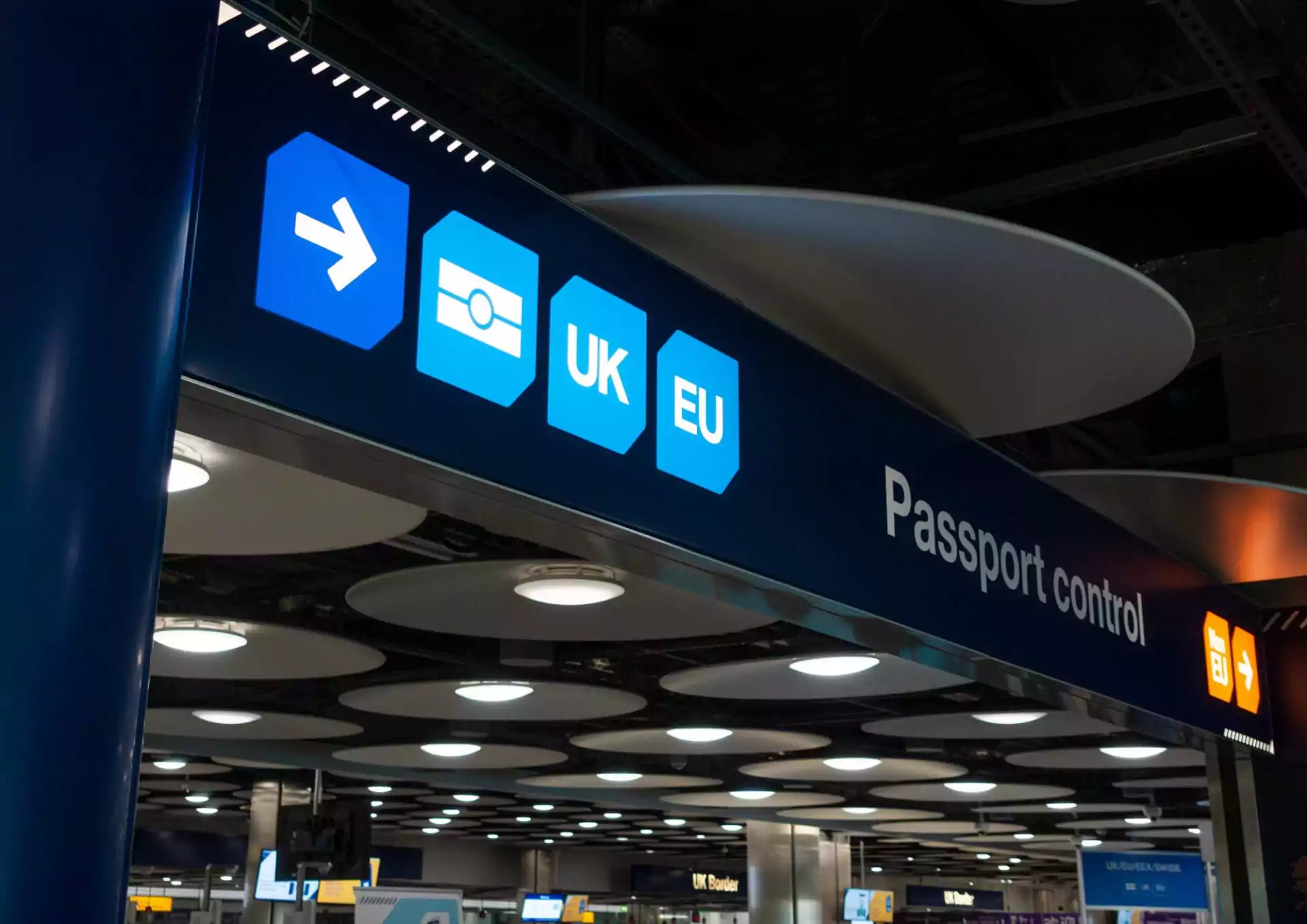
Business immigration updates for employers | July 2025


In the constantly evolving world of immigration, we have highlighted below the main updates and developments for employers that have been released this month:
Major skilled workers visa reforms effective from 22 July 2025
The significant changes to the skilled worker visa route that were published in the Home Office's Statement of Changes to the Immigration Rules at the start of July came into effect on 22 July 2022. In summary, the changes included:
- a reduction of over 100 eligible occupations for new skilled workers, so that the skill level increases to RQF Level 6 or more;
- increases to the salary thresholds for sponsorship under the Skilled Worker and the Global Business Mobility (GBM) routes;
- an expansion of the Immigration Salary List (ISL);
- launch of the Temporary Shortage List (TSL); and
- closure of adult social care worker applications from abroad.
Employers should urgently review the details of the changes and consider if this could impact both upcoming recruitment but also currently sponsored employees and how this may affect their extension application.
For an overview of the changes, please see our previous article here. The provisions are complex so please get in touch if you require further advice.
UKRI launches Global Talent Fund to aid international research recruitment
UK Research and Innovation (UKRI) has launched a £54million Global Talent Fund funded by the Department for Science, Innovation and Technology (DSIT).
The fund will award 12 selected research organisations with institutional grants to enable them to quickly recruit and support international researchers from the following industrial strategy priority areas:
- advanced manufacturing;
- clean energy industries;
- creative industries;
- defence;
- digital and technologies;
- financial services;
- life sciences; and
- professional and business services.
The grants, starting in 2025 – 2026, will cover relocation and research costs over five years. To qualify for the funding, researchers must meet eligibility requirements for the Global Talent visa.
MAC accepts Home Secretary commission to review salary requirements for visas and the Temporary Shortage List (TSL)
The Migration Advisory Committee (MAC) has confirmed its acceptance of two key reviews:
- a review of the salary requirements for visas, including discounts, to be completed within a six-month timescale; and
- a review of the Temporary Shortage List (TSL) to be completed within a twelve-month timescale.
For the review of the salary requirements and discounts, the MAC has confirmed they will be undertaking targeted stakeholder engagement alongside a technical analysis.
For the TSL review, the MAC has confirmed this will be complete in two stages which will include:
- A stage 1 analysis and recommendations on the visa terms and conditions for occupations on the TSL. Alongside this, they will provide an assessment of which RQF3-5 occupations are crucial to delivering the UK Industrial Strategy or critical infrastructure. They are aiming for the stage 1 analysis and recommendations to be published in October 2025.
- A stage 2 further analysis of the occupations that have been identified as crucial to the Industrial Strategy or critical infrastructure, to assess whether they meet the criteria on the TSL, as set out in the Immigration White Paper. The MAC are planning to undertake significant stakeholder engagement with relevant sectors on their workforce plans and run a Call for Evidence as part of this stage. The aim is for the stage 2 analysis and recommendations to be published within 12 months.
Changes to UK visa application process in the USA
Effective from 15 July, VFS Global announced the launch of 38 new UK Visa Application Centres (VACs) across the United States and the following key changes to the UK visa application process:
- UK visa applicants are no longer able to schedule an appointment at the previous Application Support Centres (ASCs) operated by the U.S. Department of Homeland Security (DHS);
- there are now free-to-use VACs in 10 major U.S. cities and "enhanced service offerings" available to all applicants. There are also now 28 user-pay centres located to support applicants residing outside the 10 major cities; and
- applicants are required to book an appointment at their nearest VAC, attend in person at the scheduled date and time, and complete biometric enrolment and passport submission during the same visit. This means there is no longer a requirement to courier passports to New York with a return shipping label.
Home Office launches nationwide operation to tackle illegal working in the gig economy
The Home Office has announced that under the "Government's Plan for Change", they will be launching a nationwide operation with enforcement teams targeting illegal working, with a focus on the gig economy and migrants working as delivery riders.
Businesses found to be engaging workers without the requisite right to work may face civil penalties of up to £60,000 per worker, director disqualifications and potential prison sentences of up to five years.
The operation is bolstered by the Border Security, Asylum and Immigration Bill which aims to extend right to work checks to cover alternative working arrangements, which would include the gig economy and zero-hours workers. The bill is currently progressing through the House of Lords and may still be subject to amendments. An implementation date is yet to be confirmed. Employers should begin reviewing their right to work processes and systems to consider how they will incorporate the proposed changes and plan ahead accordingly.
The operation also comes against the backdrop of a significant increase in government action against illegal working, with an 81% increase in illegal working civil penalty notices having been handed to businesses identified as violating immigration rules in the first quarter (January to March) of this year, compared to the same period last year.
We encourage employers to get in touch if they require advice on right to work checks, particularly when planning ahead to cover those operating in the gig economy.
EU updates on timelines for EES and ETIAS implementation
The EU has provided an update on the implementation timelines for both the Entry/Exit System (EES) and the European Travel Information and Authorisation System (ETIAS):
- the EES will be implemented in phases from October 2025 until 9 April 2026. During the transitional period, the EU has advised that not all travellers will have their biometric data collected, nor will their personal information necessarily be registered in the system. Further, passports will continue to be stamped as usual during the transitional period.
- the ETIAS will become operational in the last quarter of 2026 and the EU will provide a further update on the specific date several months prior to its launch.














